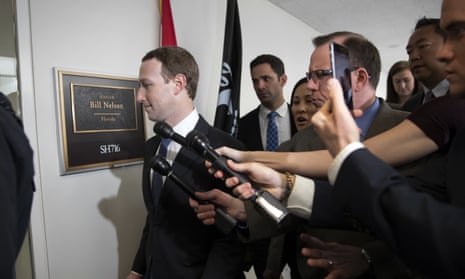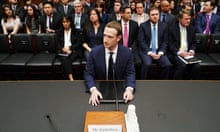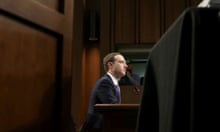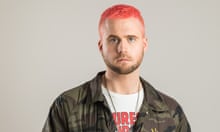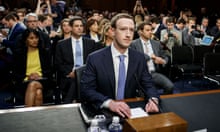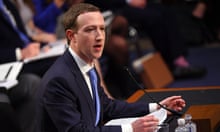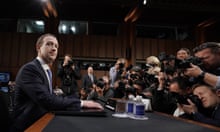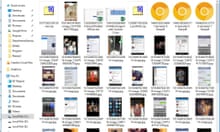Facebook co-founder Mark Zuckerberg will defend the social platform as a “positive force in the world” when he addresses Congress on Tuesday while admitting he made “a big mistake” by not taking seriously the social network’s responsibility to its two billion users.
Zuckerberg, facing a firestorm of criticism over Facebook’s cavalier attitude to its users data, released his prepared written remarks on Monday, ahead of two appearances before Congress this week when lawmakers will quiz him about a range of failings including the privacy scandal involving political consultant Cambridge Analytica and Russian use of the platform ahead of the US election.
“Facebook is an idealistic and optimistic company,” his statement reads. “But it’s clear now that we didn’t do enough to prevent these tools from being used for harm as well. That goes for fake news, foreign interference in elections and hate speech, as well as developers and data privacy. We didn’t take a broad enough view of our responsibility, and that was a big mistake. It was my mistake, and I’m sorry. I started Facebook, I run it, and I’m responsible for what happens here.”
In two days of hearings, Zuckerberg will be grilled over the company’s privacy policies in the wake of revelations that Cambridge Analytica, a data firm associated with Donald Trump’s election campaign, had access to data on 87 million of its users.
Zuckerberg and Facebook chief operating officer, Sheryl Sandberg, have been on a media apology tour since the Cambridge Analytica story broke in the Observer, the Guardian’s sister Sunday newspaper in the UK, and have already made many of the points addressed in his speech.
The news has led to calls for greater regulation on both sides of the Atlantic and for users to delete their accounts.
Zuckerberg’s prepared remarks mix a defence of his view of Facebook’s positive role in the wider body politic with a pledge to take more action to defend users’ privacy.
“As Facebook has grown, people everywhere have gotten a powerful new tool to stay connected to the people they love, make their voices heard, and build communities and businesses. Just recently, we’ve seen the #MeToo movement and the March for Our Lives, organized, at least in part, on Facebook. After Hurricane Harvey, people raised more than $20m for relief. And more than 70m small businesses now use Facebook to grow and create jobs,” the statement reads. “But it’s clear now that we didn’t do enough to prevent these tools from being used for harm as well.”
Cambridge Analytica was able to siphon off huge amounts of personal data from Facebook users by using a quiz that allowed it to gain access to the data of friends of people who took the quiz despite the fact that they had no knowledge that their information was being accessed.
On Sunday, Christopher Wylie, the former Cambridge Analytica employee turned whistleblower, told NBC’s Meet the Press that Steve Bannon, co-founder and former Trump adviser, “absolutely wanted to use [the data] for Republican candidates ... [and] alt-right candidates in the United States.”
Zuckerberg will outline his plan to prevent similar occurrences in the future, including:
- Preventing other companies from accessing Facebook users’ data without their knowledge.
- Removing developers’ access to data if the user has not used that app in three months.
- And reducing the data given to an app to the user’s name, profile photo and email address.
Zuckerberg will also concede that the company was “too slow to spot and respond to Russian interference, and we’re working hard to get better. Our sophistication in handling these threats is growing and improving quickly,” he writes before admitting that approximately 126 million people may have been served content from a Facebook page associated with the Internet Research Agency (IRA) – a Russian agency that attempted to manipulate people in the US, Europe and Russia ahead of elections.
Facebook now has about 15,000 people working on security and content review and will have more than 20,000 by the end of this year.
From now on, every advertiser who wants to run political or issue ads will need to be authorized.
Despite the controversy, Zuckerberg is preparing a robust defense of the company. “I believe deeply in what we’re doing. And when we address these challenges, I know we’ll look back and view helping people connect and giving more people a voice as a positive force in the world,” he writes.
